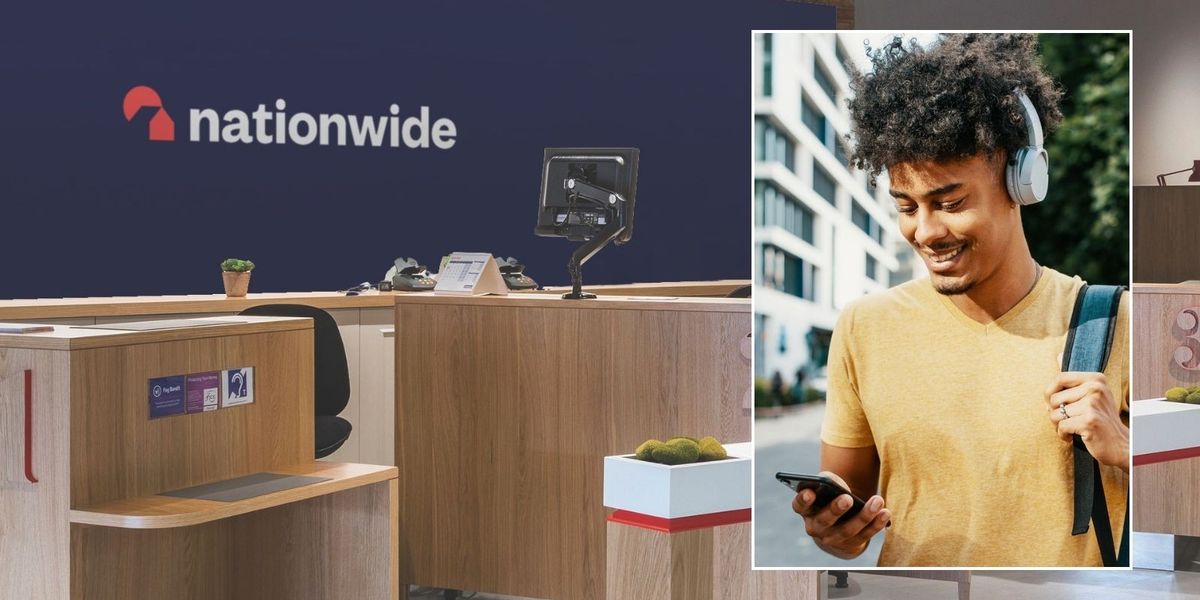They might not seem like natural allies, but RFK Jr and the boss of Pfizer had a secret dinner where they discussed how to fix America’s health crisis, it has been revealed.
Pfizer CEO Albert Bourla revealed to stakeholders this week that the rendezvous took place in December, a few weeks after RFK Jr was nominated to head the Department of Health and Human Services (HHS).
The two reportedly discussed chronic diseases, cardiovascular diseases, and more importantly, cancer, which is something that is ‘very, very high in the mind of the president,’ Mr Bourla said in an earnings call.
‘And it is also very in the mind of Mr Kennedy,’ he added.
However, the two avoided discussing vaccines, focusing on topics they already agreed on and ‘not on the things that we clearly disagree, like the vaccines.’
RFK Jr has repeatedly questioned the safety of childhood vaccines and called for the Covid vaccine made by Pfizer to be canceled due to concerns about side effects.
The former Democrat blames America’s chronic disease crisis on the pharmaceutical industry and has promised to untangle the connections between the FDA and big pharma.
Yet the meeting between Mr Bourla and RFK, Jr apparently went well, with Mr Bourla telling stakeholders that he is ‘cautiously optimistic’ about the Trump administration’s policies: ‘I think there are a lot of opportunities that probably outweigh the risks that we have with the radical change that we will see from the Trump administration.’
Mr Kennedy was slammed during a Senate Finance Committee hearing for his potential conflicts of interest with the pharmaceutical company

Mr Bourla told stakeholders that he is ‘cautiously optimistic’ about the Trump administration’s policies with Mr Kennedy as head of the Department of Health and Human Services
The dinner occurred in December, but Pfizer had ‘no further details to share.’ It is unclear where it occurred.
Mr Bourla added in his call that the administration did not want ‘another health crisis’ like the Covid pandemic unfolding and maintained that ‘they will be very, very prudent with everything they try to do.’
Pfizer is a $147 billion company behind Covid vaccines, cholesterol-lowering drugs, Viagra, cancer drugs, pneumonia and meningitis vaccines, and autoimmune medications.
During Tuesday’s earnings call, Mr Bourla reported that Pfizer’s quarter four revenues exceeded their expectations with a revenue of $17.8 billion, up from $14.6 billion a year ago and above Wall Street analysts’ estimates of $17.4 billion.
However, its vast profits could suffer in the coming quarters if Mr Kennedy fulfills his 2023 vow to gut federal health agencies that monitor and recommend schedules for childhood vaccines.
He told NBC News then that the FDA, CDC, and advisory panels that recommend vaccine approvals and schedules are ‘sock puppets’ for the pharmaceutical industry.
In 2021, he was one of two people who petitioned the FDA for the ‘immediate revocation’ of emergency use authorizations that permitted children under 16 to receive the Pfizer and other COVID vaccines.
Shortly before President Trump’s win last year, Mr Kennedy did an about-face and said nobody in the government would ‘take away anybody’s vaccines.’

Critics argue that Mr. Kennedy’s goals—tackling corruption, banning drug ads, addressing conflicts of interest, and lowering drug prices—clash with the administration’s pro-deregulation stance
Still, critics of his nomination worry that Mr Kennedy has a financial incentive to question the efficacy of vaccines, such as Pfizer’s Covid vaccine, calling into question whether decisions to revise vaccine policies are made in the public’s interest or influenced by personal financial gain.
Mr Kennedy’s dinner with Albert Bourla comes roughly two months after Mr Trump hosted executives of Pfizer, Eli Lilly, and PhRMA (the pharmaceutical company’s trade group) at Mar-a-Lago.
There, they discussed cooperation between the public and private sectors in developing cancer drugs and other innovative treatments.
But critics of the current administration have pointed out that Mr Kennedy’s objectives—cracking down on perceived corruption, banning drug advertising, removing regulators’ conflicts of interest, and lowering drug prices—run counter to the goals of an administration bent on deregulation.
The Trump administration funded Operation Warp Speed, the multi-billion dollar initiative that was instrumental in Pfizer’s creation of a Covid vaccine in under a year.
While Mr Bourla and Mr Trump have shared a prickly relationship – the latter accused Mr Bourla of lacking the ‘courage’ to issue positive data on the Pfizer vaccine before former President Joe Biden’s 2020 win, suggesting there was a ‘medical deep state’ aimed at aiding Joe Biden.
But the two appear to be on good terms. And though Mr Bourla has said that he and Mr Kennedy ‘will [not] come that close when it comes to vaccines, because his positions are extreme, not scientific,’ he added, ‘I don’t see why we wouldn’t be able to work with him on developing a new Operation Warp Speed for cancer.’











